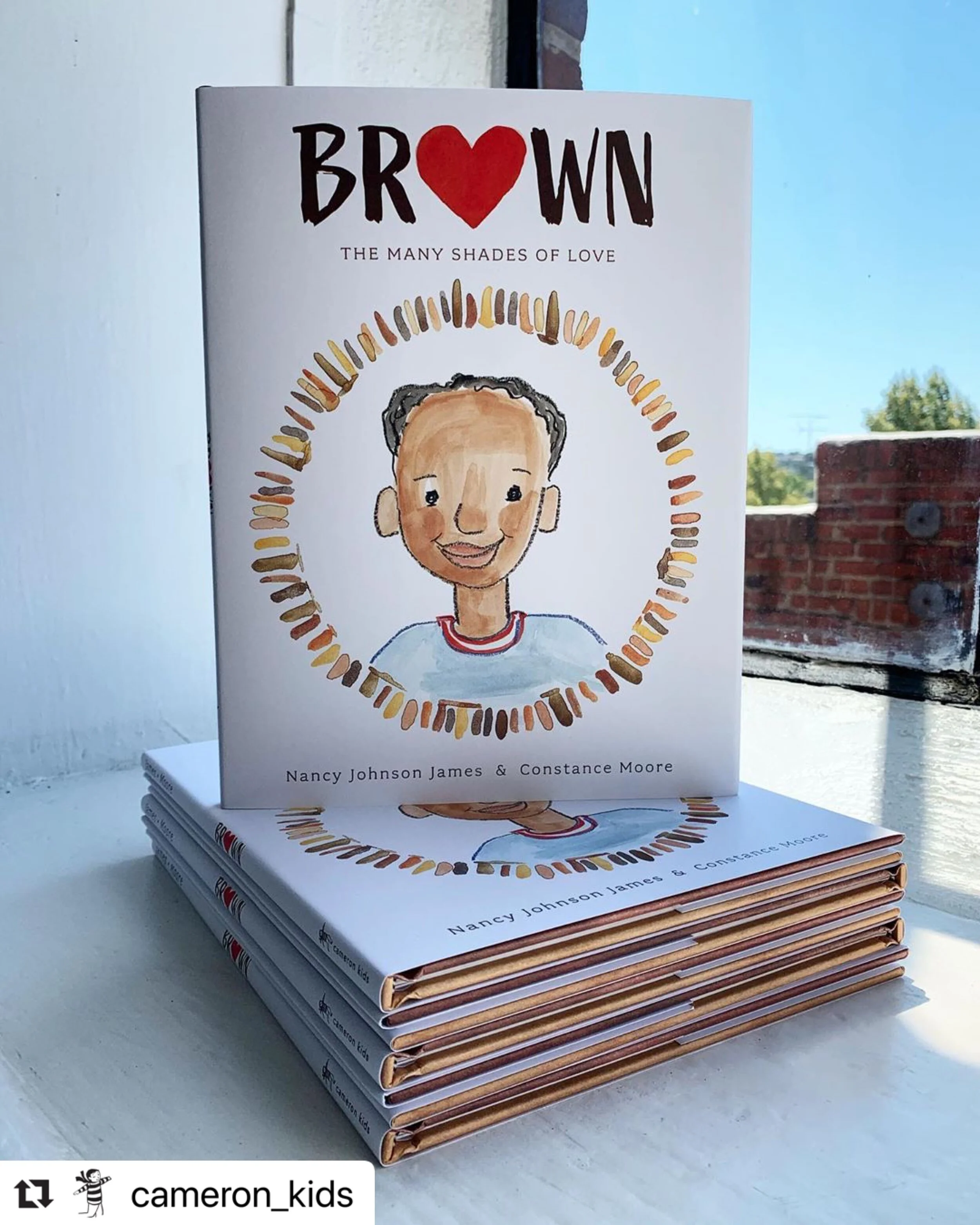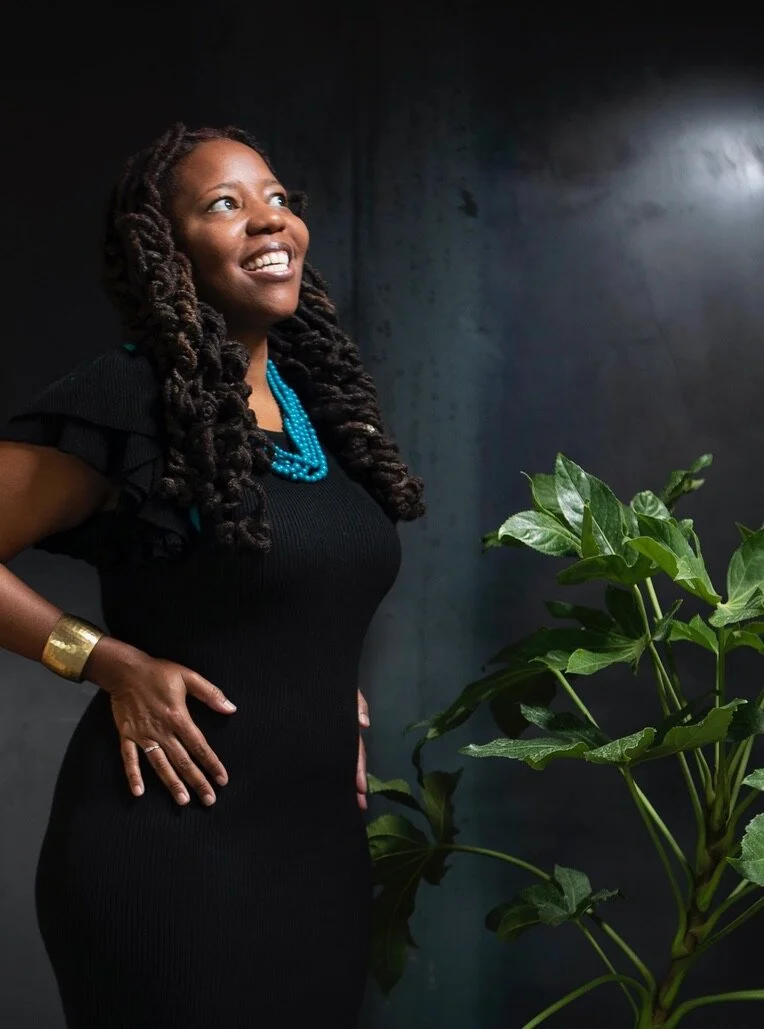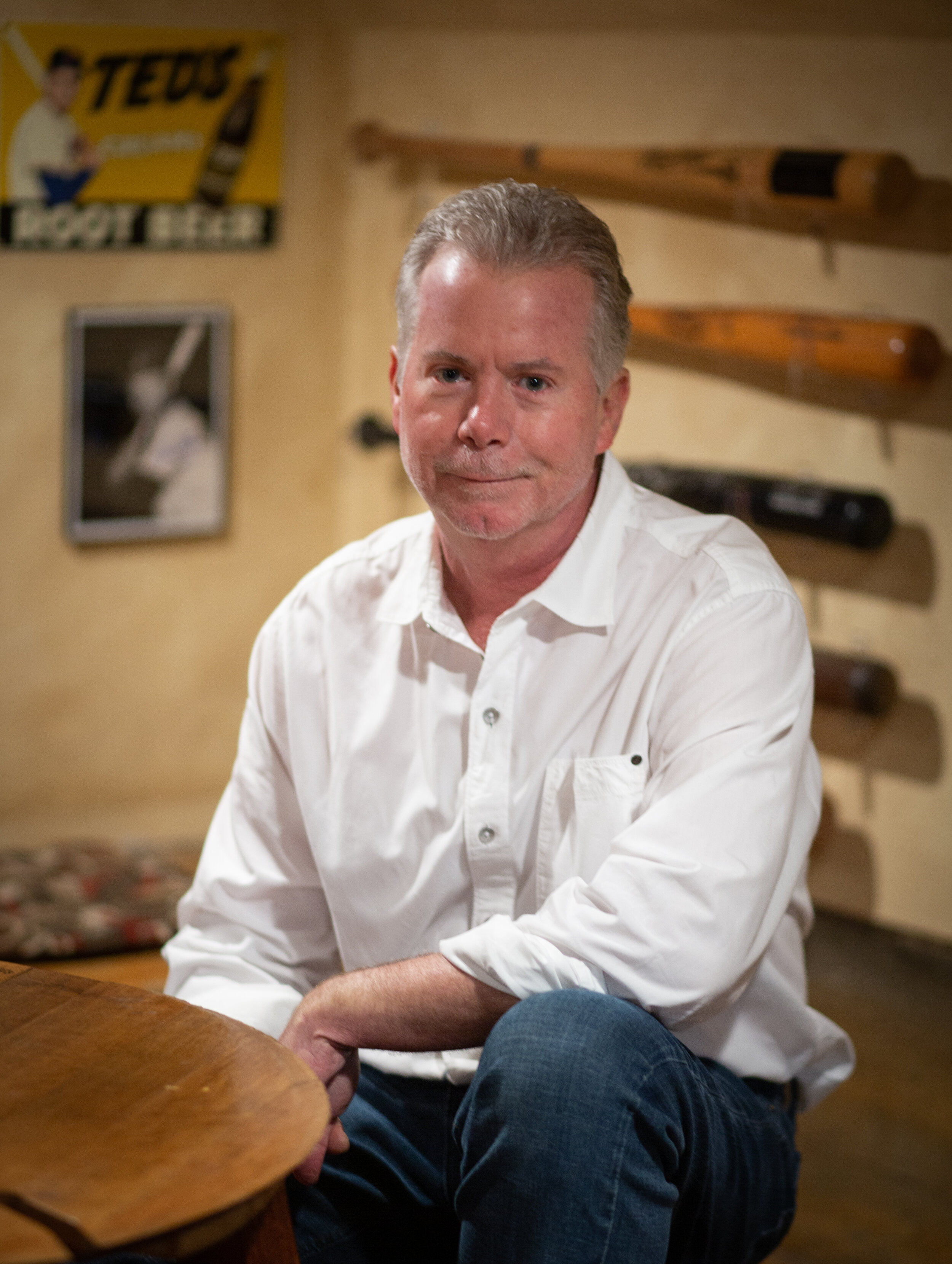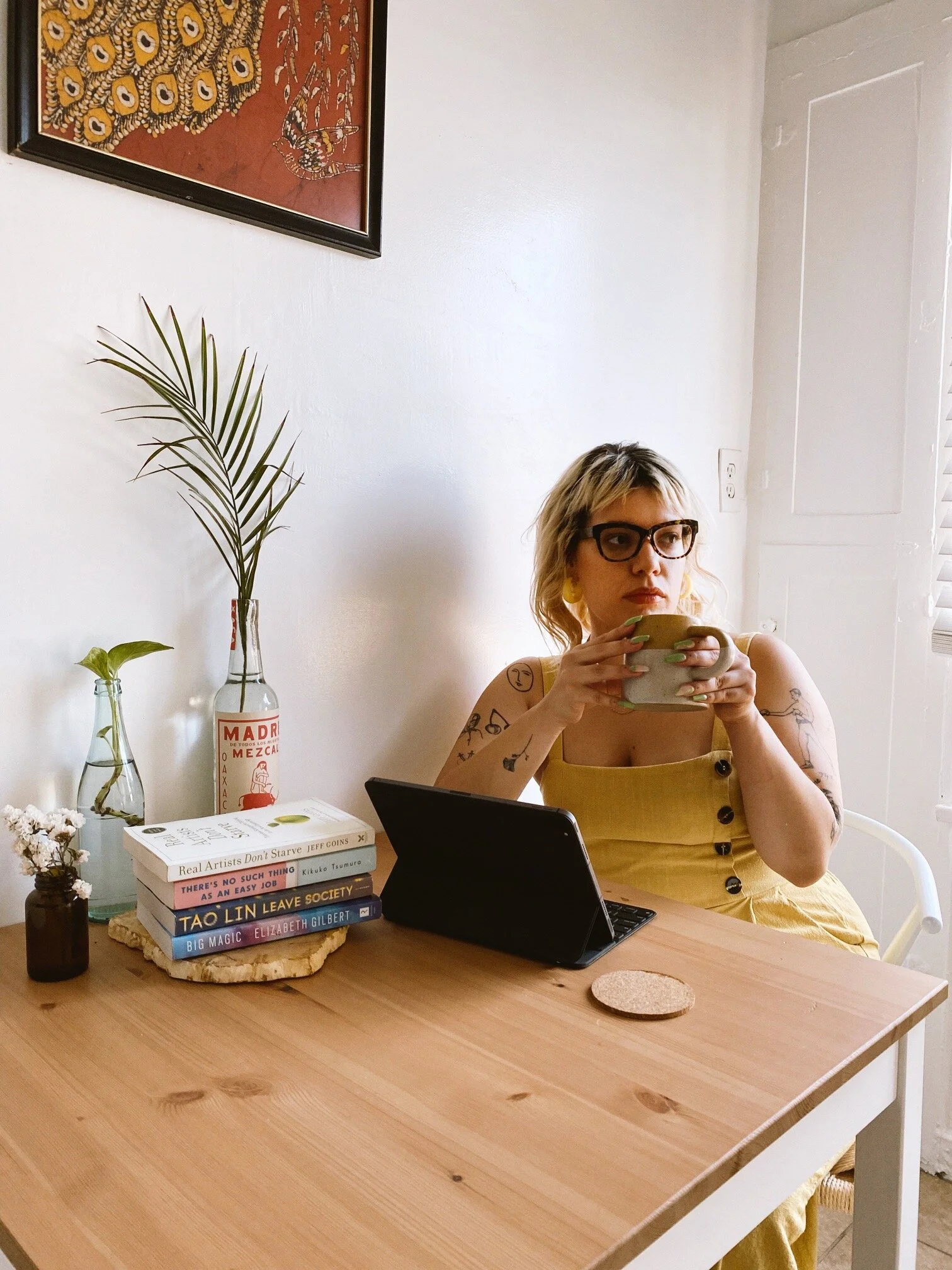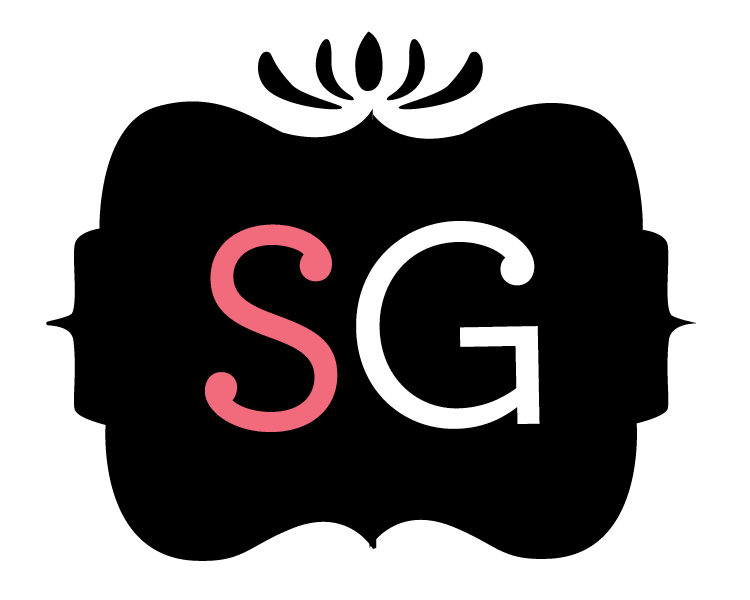Singing Together is Medicine: Interview with Amber Field
If you’re a Bay Area writer wanting to get your voice out there, you’re in luck. Musician and teacher Amber Field helps people free their voices, creativity, and spirits in private and group classes. Their Free Your Voice classes start at the end of this month, so you still have time to sign up. “The class attracts people who have never sung, those who have blocks and trauma expressing themselves, and people who love to sing and want to take it to the next level. All are welcome, as a safe space is created by all,” Amber told me.
Amber has been teaching Free Your Voice since 2011. Here are the 4 courses starting this fall:
Initiation, in San Francisco, 10 Sundays, beginning October 2. “This is the original course I designed 5 years ago that is a great introduction to the Free Your Voice program. It's meant for all levels and is so much fun and play. It also has a sneaky way of changing your life.”
Harmony, in Berkeley, 10 Wednesdays, beginning September 28, looks at songs from the African diaspora and includes spirituals, gospel, and civil rights songs. “We sing these songs in 4 part harmony (I teach the parts in the oral tradition). We also do expressive arts and drama exercises that look at you in relationship to others. And we do lots of play and improv.”
Foundation Flow, in Berkeley, 10 Wednesdays, beginning September 28. “This is Free Your Voice while drumming. I teach 4 rhythms, how to open and close them and improvise, and 4 songs that you sing as you play. We also have community-building exercises and play and improv. This course is designed to help you free your voice and free your drum.”
Free Your Chakras: Sound and Song, in San Francisco, 10 Sundays, beginning October 2. “I am very excited to focus on a chakra each week and do practices to help open and balance it, including toning, mantra, physical movement with sounding, singing, expressive arts, improv, and performance.”
In this interview, Amber and I discussed their teaching style, writing, and what’s sexy about freeing your voice with writing.
Kristy Lin Billuni: Tell me about the classes.
Amber Field: These classes are half sounding (toning, sound meditations, expressive arts, drama therapy, improv) and half singing (chanting, spirituals, songs from around the world). The classes are fun, playful, and range from the sacred to the silly.
KLB: So it’s much more than a singing class?
AF: I see these courses as your sound/song meditation. Just like people go to yoga every week, you can think of going to Free Your Voice as your weekly tuneup to get your voice out, sing, and be in community. You will leave class feeling more calm and more energized. You will feel more joyful, more connected to yourself and others. More free.
KLB: If I’m new to Free Your Voice, I should begin with Initiation?
AF: You can take the classes in any order, and I recommend starting with Initiation. Most people wind up taking 2-3 different courses. I've had 1 guy take 8 series with me, including Initiation 5 times.
KLB: Can you talk about how singing and chanting connect to creativity?
AF: When I landed on the idea of Free Your Voice 5 years ago, I had no idea it would become so popular and successful. What I offer is unique in that this is not solely a community chorus, nor improv singing, chanting, or expressive arts, but a smorgasbord of all the different activities that have helped me free my voice.
KLB: I love that you are teaching the practices that have worked for you. That’s very generous and personal. Can you talk about how you came to this work?
AF: My own life includes years of feeling very shut down vocally. I wasn't able to stand up for myself, my opinions, my views. I was told I couldn't sing and thus never did, except when alone. I couldn't imagine making loud expressive sounds (which would have helped me release emotions). My life's work has been about freeing up my throat chakra, learning to speak up, sing, make sounds, and get my voice out. This has helped me feel more confident in the world.
KLB: And that’s what your class participants will get out of it too?
AF: Yes. I see this course as helping people speak, sound, and sing their truths with more confidence and power. I love sharing the tools and resources that have helped me on my journey of freeing my voice.
KLB: So what else can we expect at a Free Your Voice class?
AF: A big component of the class is community building, which is inherent in singing together, and in exercises and activities, which include partner work, small group creations, and circle sharing.
KLB: I think community is so important for writers and artists. Can you say a little more about why you emphasize it?
AF: I find community practices like singing so invaluable in a time when we often feel isolated and alone. I love Free Your Voice because it's about connection and play. We work both on a nonverbal level, through improv, drama, expressive arts, and sound, and a verbal level through group spirit songs of different traditions. I share the history of many of these songs, which include spirituals from enslaved Africans and how they sang songs of freedom and protest, and how these songs are still relevant and touch us 150 years later.
KLB: And you hinted at the Initiation class changing peoples lives. What did you mean by that?
AF: I see the transformative effects of these classes in terms of people getting clear on their nos and yeses and being able to articulate them. This means people often end relationships, quit jobs, start new projects, and make big changes in their lives taking this course. The class is transformational because it asks you to show up exactly where you are, be vulnerable and authentic, and do deep witnessing and holding of each other's process.
KLB: What’s your favorite thing about Free Your Voice?
AF: I delight in watching people transform in my classes and feel more free, more themselves, more in alignment with their truths. I feel like so many of the problems in the world result from feeling isolated and separate from others. Singing together is medicine. It helps us feel connected to each other, and feel joy! Singing together releases dopamine, endorphins, and oxytocin, all pleasurable chemicals that makes us feel bonded and good together.
KLB: Sounds like all kinds of people, and especially artists and writers, could benefit from it.
AF: I am so grateful to have the opportunity to play with others and co-create a beautiful circle for 10 weeks as we free our voices. If you want to sound, sing, and speak your truth more powerfully and are willing to show up as you are and hold loving space for others, then this course is for you. If you want to be vulnerable and courageous and open your voice with others and transform your life, you will love this course. If you want to re-discover your inner child and play, then sign up!
KLB: Okay, let’s talk about writing.
AF: I love writing. I love the insights I get, the creative flow that sometimes happens, and the way I always feel like I relieved myself of some burden or knot or load after writing. I feel lighter.
KLB: Is it something you’ve always done or a relatively new practice in your life?
AF: I’ve been writing since I was a kid. I remember one of my goals at age 5 was to write a book. That is always in the back of my mind, but I don't know what kind of book. Memoir? Poetry? Stories? Non-fiction: on what? Music? Healing? On some level it doesn't matter what the form will be. I just have to write.
KLB: Ooh, I want you to write all those books!
AF: I haven't tried to make a living from writing, so I don't introduce myself as a writer. But if you ask me, are you a writer? I would say, "I write." I am happy to share my writing with the world and can tell people who identify as writers that I write too . . . and I love to share my writing with them too. Maybe you could say I am a closeted writer who comes out every now and then to share something.
KLB: So you identify more as an artist?
AF: I identify primarily as a musician and teacher, and writing is one of the many other things I do.
KLB: How about your process?
AF: I have a spotty writing practice. I often write when I am feeling emotional, stressed out, or when something is brewing inside me that I want to get out.
KLB: And what does it actually look like when you get down to it?
AF: My process is getting a notebook and moving my hand, not letting it stop for 10 minutes or 3 pages or some days when I run out of inspiration. I like having structure in terms of morning pages (3 pages), or writing prompts from Natalie Goldberg or Julia Cameron or Minal Hajratwala. I like having questions to answer, a program to follow. Ideally I would write first thing in the morning. I was better about doing this when I didn't have a laptop. But I often find my laptop and the world of email and Facebook have a sneaky way of calling my attention more than a blank notebook page. So truth be told, the last several years, my writing often occurs in the middle of the day. These days, 4 days a week.
KLB: What about getting feedback?
AF: If there is a particular piece of writing I like, I will enter it into my laptop and get feedback from my partner. If there is something I really like, then I will share it with others and sometimes get feedback. I would like to share more of my writing so I am starting to publish more of my writing in my monthly newsletter and on my website.
KLB: What inspires you to write?
AF: When people ask me to write an article for an adoption magazine, I am happy to write. If I have a salon I'm hosting, I am happy to share writing.
KLB: And who are your writing and creativity heroes?
AF: I am always a big fan of Julia Cameron, Natalie Goldberg, and Anne Lamott.
KLB: Yes, you actually introduced me to Julia Cameron’s The Artist’s Way, which really helped me to embrace the writing path. So I always want to know what you’re doing next.
AF: I like Angeles Arrien's The Four-Fold Way and am going through that book this summer as a program to use writing to gain life clarity.
KLB: That’s a great tip. I just added it to my ‘to read’ list. Who else inspires you?
AF: I am really inspired by my partner, Monique Miyake’s writing. She has a truthful, raw, tangential form of writing that somehow holds together as she moves in surprising directions with each sentence. She has a spoken-word cadence. She reminds me to be honest when I write and to go for the jugular.
KLB: Speaking of, we have to talk about sex in this interview, so tell me what’s sexy about writing.
AF: Writing is sexy because you tell the truth. In baring your soul, showing all the un-pretty places, it makes you lovable. It's intimate. Like farting during sex. It happens.
KLB: Ha ha. That’s the first time anybody’s mentioned farting when I’ve asked about sex and writing.
AF: Writing is stripping off the veneer and exposing dreams, desires, shame, aggression, tender places. It's like making love to yourself by exposing yourself and then the whole world gets to fall in love with you (or not) and be intimate with you however they choose to be.
KLB: That’s beautiful.
AF: Writing is sexy because it's an intimate act of revealing yourself. The readers can follow the invitation on their own terms.
I love to talk to writers like Amber about the process of writing. Follow Amber on Twitterand sign up now for your Free Your Voice course. To meet more writers in social media, follow me, The Sexy Grammarian, on Facebook or Twitter. Yearning to jump into the writer’s life yourself? My free ebook, Arouse Your Writer Self, will get you going. Want more? Private sessions with me are more affordable than you think, and the first one’s free.

